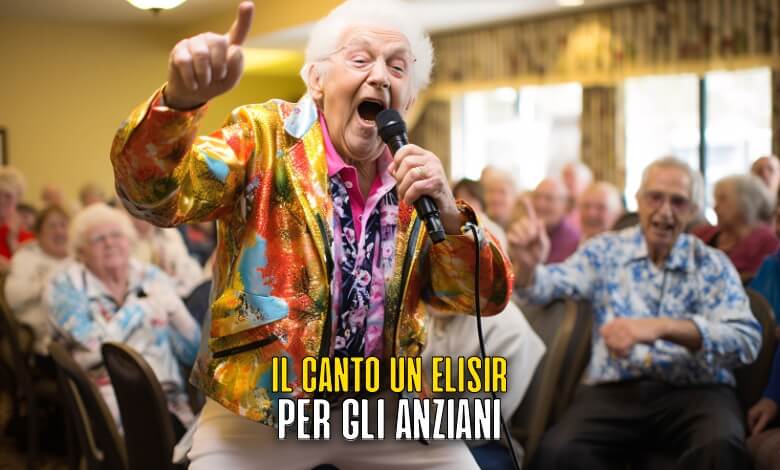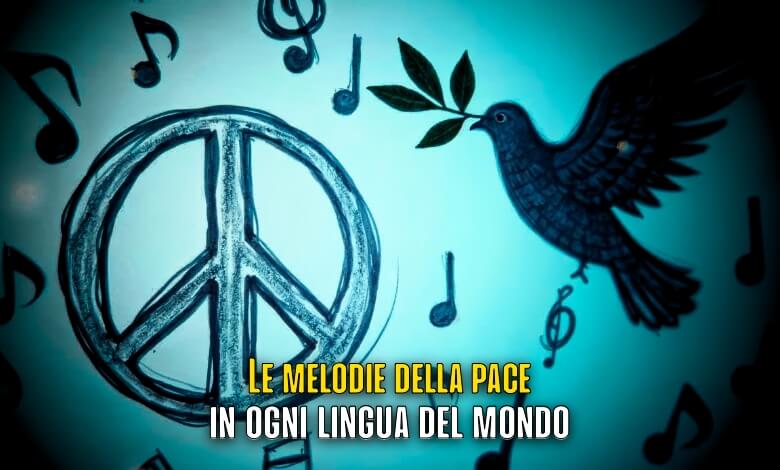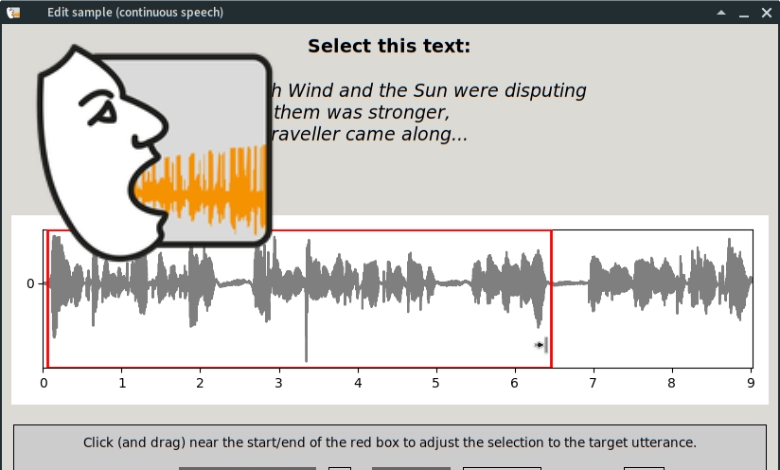Article index
A breathless voice: artificial intelligence and singing between innovation and existential questions
Imagine a melody that comes to life without a body, without a breath. A voice that sings, but does not hear. A voice that interprets, but does not live. This is the image that lashes out in front of us with the advent of technologies such as GTSinger, a platform that promises to revolutionize singing through artificial intelligence.
But behind the technological wonder, a profound and disturbing question is hidden: what does it really mean singing?
Artificial intelligence and singing: when technology challenges the essence of art
GTSinger is gorgeous every day more and more the world with its ability to generate cantage voices that seem almost human.
With a simple click, it is possible to transform a text into a personalized melody, choosing shades, stamp and interpretative style.
It is a powerful, accessible and collaborative tool, thanks to its open source .
Yet, in this apparent democratization of music there is a risk: that of losing sight of what makes singing a unique and unrepeatable experience.
Human singing is not only sound; It is emotion, vulnerability, presence. Each note brings with it the personal history of those who interpret it, the weight of the experiences lived and the profound intention of communicating something authentic.
A voice generated artificially, however technically perfect, lacks this existential dimension. He doesn't breathe, he doesn't hear, he doesn't suffer. It can imitate the shades of the vibrated or the fluidity of the transitions between the notes, but cannot transmit that intimate connection between the artist and listener who is the beating heart of the music.
 The ethical dilemma in artificial intelligence and singing: a private art of its soul?
The ethical dilemma in artificial intelligence and singing: a private art of its soul?
The emergence of technologies such as GTSinger raises ethical questions that go beyond simple technical innovation.
If singing becomes a product that can be generated at will, what happens to the artist's uniqueness?
The human voice risks being reduced to a model to be replicated, depriving it of its authenticity and its intrinsic value.
In an increasingly oriented world to globalization and standardization, there is the danger of losing respect for the individuality and diversity of singing.
Each culture has its own unique vocal traditions, each artist has its own distinctive stamp.
Technology can enrich these traditions or destroy them, depending on how we choose to use it.
A sustainable future for artificial intelligence and singing: respect for the uniqueness of art
In order for tools such as GTSinger to be ethically integrated into the music scene, it is necessary to develop a responsible and respectful approach of the uniqueness of human singing.
This means placing clear limits to the use of technology to prevent it from replacing the artist rather than supporting him.
Transparency is fundamental: users must know when they are listening to an artificially generated item and when an authentic performance.
Furthermore, it is essential to protect the rights of artists whose items could be used to train IA models without explicit consent.
But above all, we must remember that technology should serve art, not to dominate it.
GTSinger can be an extraordinary tool to expand the creative possibilities of the artists, but must never become a substitute for their unique and irreplaceable presence.
The challenge of humanity in the digital age: artificial intelligence and singing between opportunities and risks
The history of music teaches us that every technological innovation brings with it opportunities and risks.
From electric guitar to synthesizers, each new instrument initially aroused resistance before finding its place in the creative fabric.
Artificial intelligence is no exception.
But this time the challenge is deeper: it is not just about accepting a new technology, but of preserving what makes us human in our artistic expression.
Song is not just sound; It is a soul.
And while we explore the potential of tools like GTSinger, we must ask ourselves: are we enriched music or are we imposing its essence?
The answer to this question will not come from algorithms or from mathematical models. It will come to us from the choices that we will make as a global community to protect the uniqueness of human singing in a world increasingly dominated by technology.
After all, the real revolution will not be that of the machines they learn to sing, but that of human beings who learn to use these machines without forgetting what really means to be alive.
👉 I was on the website
👉 Download GTSinger search
Read also the article: ⏱️ # 7 The song that sculpts our time








